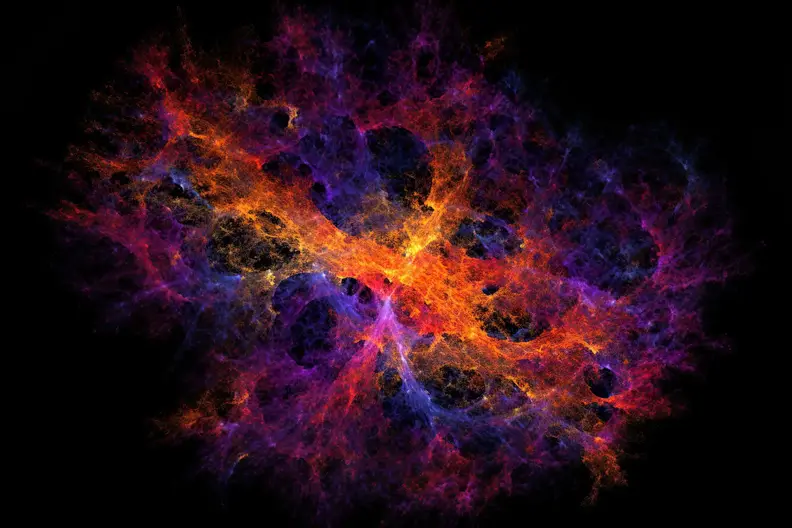The world’s largest radio telescope could reveal the secrets of dark matter, the first galaxies in the universe
A feature of light absorption by the hydrogen surrounding early galaxies could be used as a new probe into the mysteries of dark matter and how it affected the evolution of the universe during the cosmic dark ages. Scientists have long theorized that dark matter, a mysterious substance that makes up about 85 percent of … Read more







